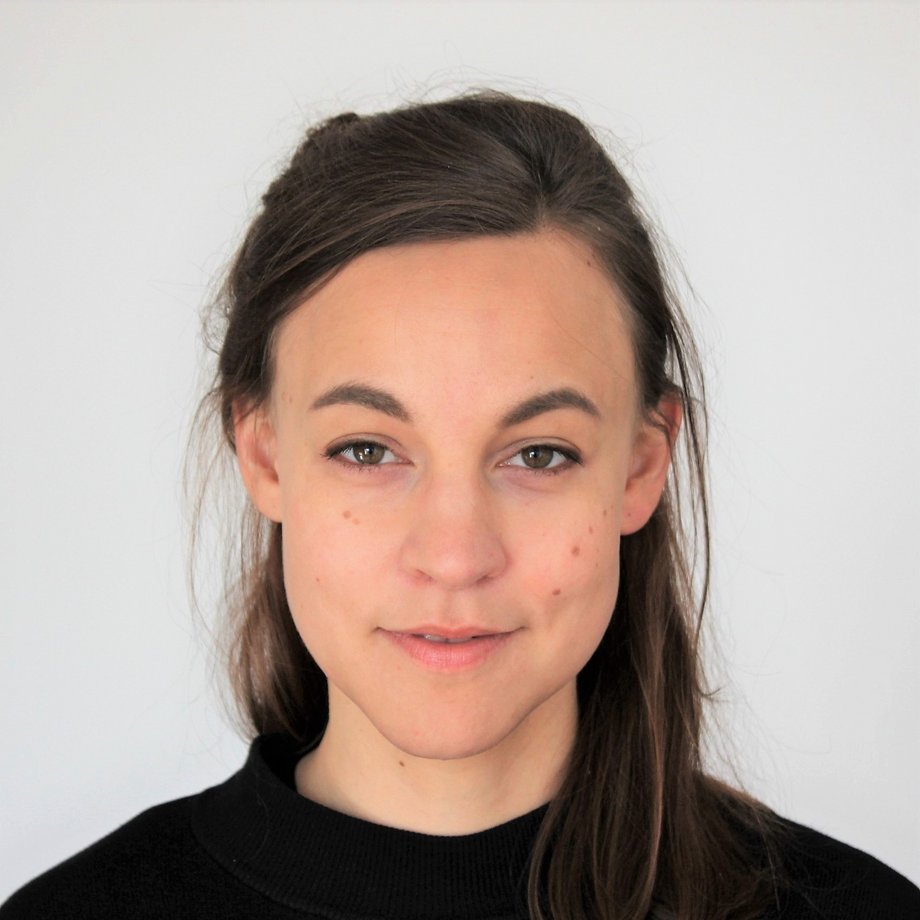Dr Stefanie Gerold

Stefanie Gerold studied Economics (BSc) and Socio-Ecological Economics and Policy (MSc) at the Vienna University of Business and Economics (WU). She gained her PhD in Economics and Social Sciences in 2020. Her dissertation focused on employee preferences for shorter working hours, various models for working-time reduction as well as inequalities in working hours and income.
Between 2018 and 2022, Stefanie worked as a research assistant at TU Berlin. In the BMBF project ReZeitKon she researched changes in time use, time wealth and working condition during the COVID-19 pandemic. In the research project Platform Cleaners, funded by the Hans Boeckler Foundation, she investigated domestic cleaning services mediated by platforms.
In 2022, Stefanie started working as a postdoc at the Chair of Sociology of Technology and the Environment at BTU Cottbus–Senftenberg. She is decentralized equal opportunities representative at Faculty 5 and can also be contacted for subject-related councelling for the MA Transformation Studies.
Peer-reviewed articles:
Gerold, S., Gruszka, K., Sardadvar, K., Theine, H., Pillinger, A. (2025). Outsourcing Domestic Work in the Crisis of Social Reproduction: Platform-Mediated Cleaning and the Role of Clients. New Technology, Work and Employment. https://doi.org/10.1111/ntwe.70015
Gruszka, K., Pillinger, A., Gerold, S., Theine, H. (2024). (In)visible by Design: An Analysis of a Domestic Labor Platform. Critical Sociology, 08969205241276803. https://doi.org/10.1177/08969205241276803
Neier, T., Kreinin, H., Gerold, S., Heyne, S., Laa, E., Bohnenberger, K. (2024). Navigating labor-market transitions: an eco-social policy toolbox for public employment services. Sustainability: Science, Practice and Policy, 2386799. https://www.tandfonline.com/doi/full/10.1080/15487733.2024.2386799#d1e595
Gerold, S., Buhl, J., Geiger, S.M. (2023). How to Enhance Time Wealth? Insights from Changes in Time Use and Working Conditions During the COVID-19 Lockdown in Germany. Social Indicators Research. https://doi.org/10.1007/s11205-023-03252-0
Gerold, S., Hoffmann, M., Aigner, E. (2023). Towards a critical understanding of work in ecological economics: A postwork perspective. Ecological Economics 212, 107935. https://doi.org/10.1016/j.ecolecon.2023.107935
Geiger, S.M., Freudenstein, J.-P., von Jorck, G., Gerold, S., Schrader, U. (2021). Time wealth: Measurement, drivers and consequences. Current Research in Ecological and Social Psychology 2: 100015. https://doi.org/10.1016/j.cresp.2021.100015
Kammerlander, M., Omann, I., Gerold, S., Mock, M., Stocker, A. (2020). How does a social practice perspective add to the development of policy instruments to reduce consumption-based CO2 emissions? A case study of Austria. Climate Policy 20, 323-340. https://doi.org/10.1080/14693062.2020.1727830
Gerold, S., Nocker, M. (2018). More leisure or higher pay? A mixed-methods study on reducing working time in Austria. Ecological Economics 143, 27-36. https://doi.org/10.1016/j.ecolecon.2017.06.016
Gerold, S., Soder, M., Schwendinger, M. (2017). Arbeitszeitverkürzung in der Praxis. Innovative Modelle in österreichischen Betrieben. Materialien für Wirtschaft und Gesellschaft 43/2, 177-204. https://wug.akwien.at/WUG_Archiv/2017_43_2/2017_43_2_0177.pdf
Gerold, S. (2017). Die Freizeitoption: Perspektiven von Gewerkschaften und Beschäftigten auf ein neues Arbeitszeitinstrument. Österreichische Zeitschrift für Soziologie 42/2, 195-204. https://doi.org/10.1007/s11614-017-0265-7
Book chapters:
Gerold, S., Bohnenberger, K., Lange, S. (2025). Die Wachstumsabhängigkeit von Arbeitsmärkten und Strategien zu deren Überwindung. In: Vogel, T. (Hrsg.), Wirtschaftswachstum zwischen Fortschritt, Abhängigkeit und Zwang. Metropolis-Verlag, Marburg, 317-334.
Hofbauer, J., Gerold, S., Klaus, D., Wukovitsch, F. (2023). Erwerbsarbeit. In: Görg, C., V. Madner, A. Muhar, A. Novy, A. Posch, K. W. Steininger und E. Aigner (Hrsg.), APCC Special Report: Strukturen für ein klimafreundliches Leben (APCC SR Klimafreundliches Leben). Springer Spektrum, Berlin/Heidelberg, 285-307.
Geiger, S.M., Gerold, S. (2022). Interdisziplinäre Nachhaltigkeitswissenschaften: Zeitwohlstand. Erkenntnisse aus den pandemiebedingten Einschränkungen als Chance für eine gesellschaftliche Entschleunigung. In: Mundt, I., Sellig, J., Henkel, A. (Hrsg.), 10 Minuten Soziologie: Stress. transcript Verlag, Bielefeld, 151-162.
Gerold, S. (2021). Revaluations of Work: Enabling and Combining a Diversity of Activities. In Seidl, I., Zahrnt, A. (Eds.) Post-Growth Work. Employment and Meaningful Activities within Planetary Boundaries, Routledge, 43-54.
Gerold, S. (2019). Neubewertungen von Arbeit: Vielfalt von Tätigkeiten ermöglichen und kombinieren, In Seidl, I., Zahrnt, A. (Hrsg.), Tätigsein in der Postwachstumsgesellschaft. Metropolis-Verlag, Marburg, 59–73.
Working papers and project reports:
Gerold, S., Hofbauer, J., Klaus, D., Wukovitsch, F., Neumann, M. (2024). Strukturen für klimafreundliche Erwerbsarbeit gestalten. In Eichmann, H. et al. (Hrsg.): Arbeits- und Lebenswelten im sozial-ökologischen Umbau. Sozialpolitik in Diskussion Nr. 25, Arbeiterkammer Wien.
Gerold, S.,Gruszka, K., Pillinger, A., Theine, H. (2022). Putzkraft aus dem Netz – Perspektiven und Erfahrungen von Reinigungskräften in der plattformvermittelten Haushaltsreinigung, Working Paper der HBS-Forschungsförderung Nr. 259.
Gruszka, K., Pillinger, A., Gerold, S., Theine, H. (2022). (De)valuation of household cleaning in the platform economy. Ecological Economic Papers No. 44/2022. WU Vienna University of Economics and Business.
Gerold, S., Geiger, S. (2020). Arbeit, Zeitwohlstand und Nachhaltiger Konsum während der Corona-Pandemie. Arbeitspapier des Fachgebiets Arbeitslehre/Ökonomie und Nachhaltiger Konsum Nr. 2.
Gerold, S., Stein, U. (2020). Are working hours a new driver of inequality? On the relation between hours inequality, earnings inequality, and collective bargaining in Germany. IMK Working Paper 203, Hans-Böckler-Stiftung.
- work and social-ecological transformation
- Time wealth and time use
- Platform labour
- Post-work
Summer term 2025
Winter semester 2024/25:
Summer term 2024:
